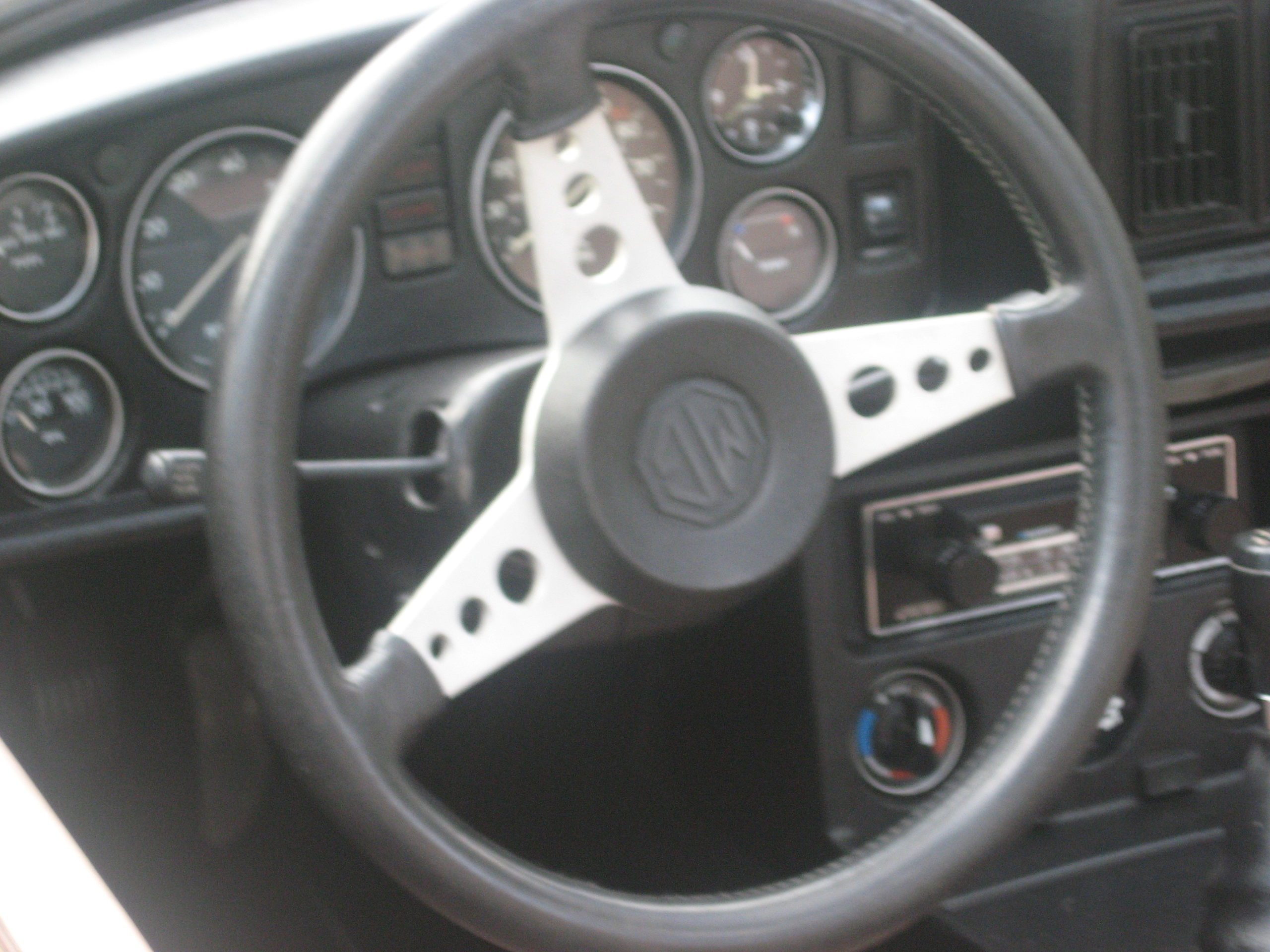 The news that Chinese automaker CAIC will restart production of the MG signals a new era, and a good one. For the last 20 years, Western countries have suffered as production has moved offshore and once-great American brand names and manufacturing companies and divisions have been either shut down (Oldsmobile) or turned into licensing entities (Zenith).
The news that Chinese automaker CAIC will restart production of the MG signals a new era, and a good one. For the last 20 years, Western countries have suffered as production has moved offshore and once-great American brand names and manufacturing companies and divisions have been either shut down (Oldsmobile) or turned into licensing entities (Zenith).
It is easy to blame cheap imports for the problems of Western countries’ manufacturing, but the reality is that any damage is self-inflicted, particularly in the case of the former brand names of British Leyland (Triumph, Rover, MG, Austin Healey, Land Rover, Jaguar). While each brand had varying levels of quality, the management wasn’t good. This is also the case with Chrysler, Ford, AMC, Nash Studebaker and GM. When quality got bad, consumers rebelled and bought imports.
But just because management fails, it doesn’t mean that a brand and a product design is no good. The case of MG is an excellent example. While the company failed, the product was still compelling, the brand story was notable and overall, the marque deserved a second life.
CAIC has said it will restart production in three months, including production in the U.K. In addition, it has already taken Rover designs and brought them to China. What lesson can we draw from this?
- Brands need a connection to their “homeland” to be authentic. A Chinese automaker wants an MG not for its technology, but because the brand story is a good one. And a VERY important part of the brand story is the English heritage. So economic development officials in Western countries need to see to it that brand heritage that connects with a particular place is preserved. This would seem to be an academic argument, but the CAIC case (as does Mini) proves that even if a foreign brand is purchased overseas, it needs a local component to be authentic. (This also applies to other brands. Campbell’s Soup MUST keep a presence in Camden, N.J. to be authentic. Life Savers should still be made in Chicago.)
- Production continuity is not essential. Both the Mini and MG marques stopped production, and then restarted. A company might see this as inauthentic, but the consumer does not notice. The only time they do notice is if a brand is brought back and it is merely a logo slapped on something, rather than a good product.
- There are other auto brands that can come back. Car companies can look at their back lists. While Western automakers may not think there is a market for Plymouth, Olds, Nash or Studebaker in the United States, China and India might be interested.

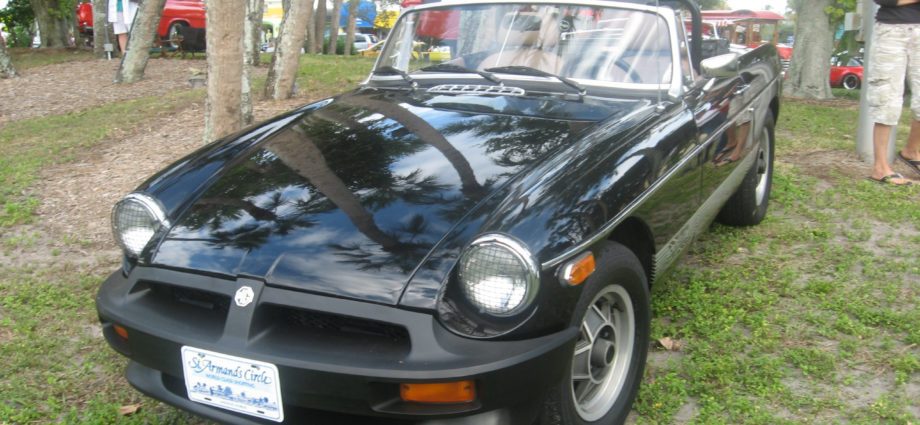

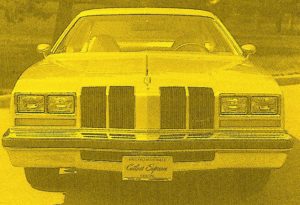
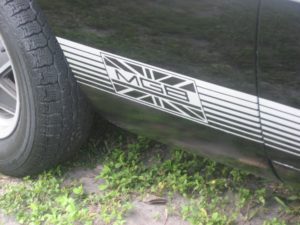
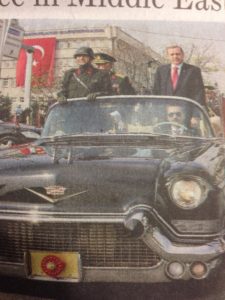
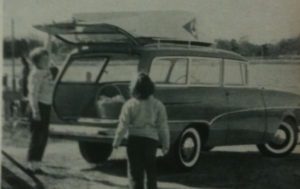

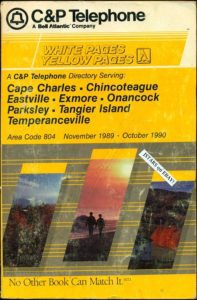
1 Comment